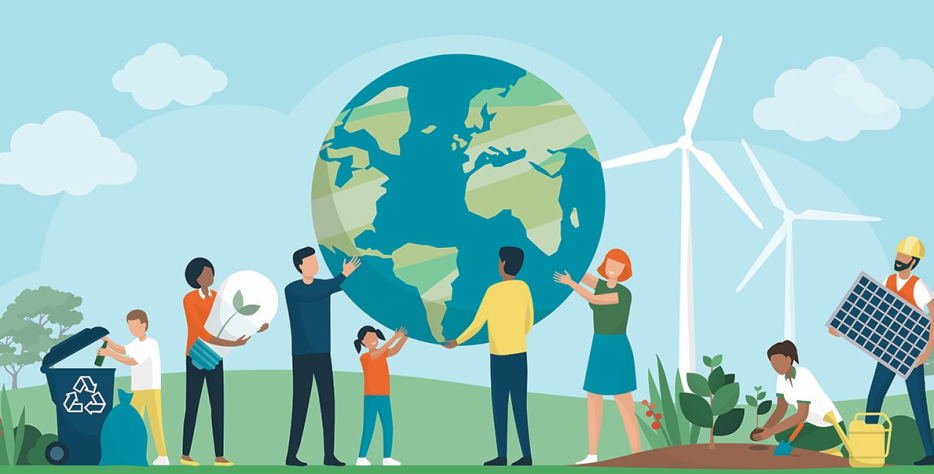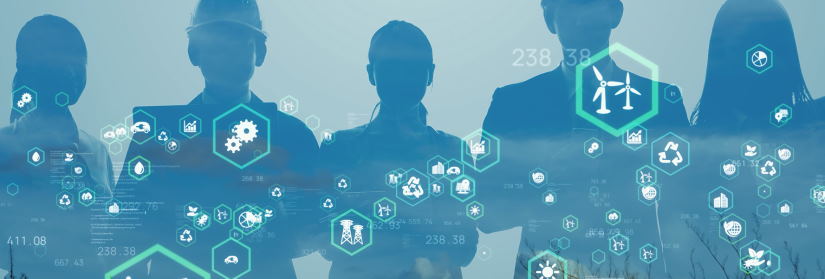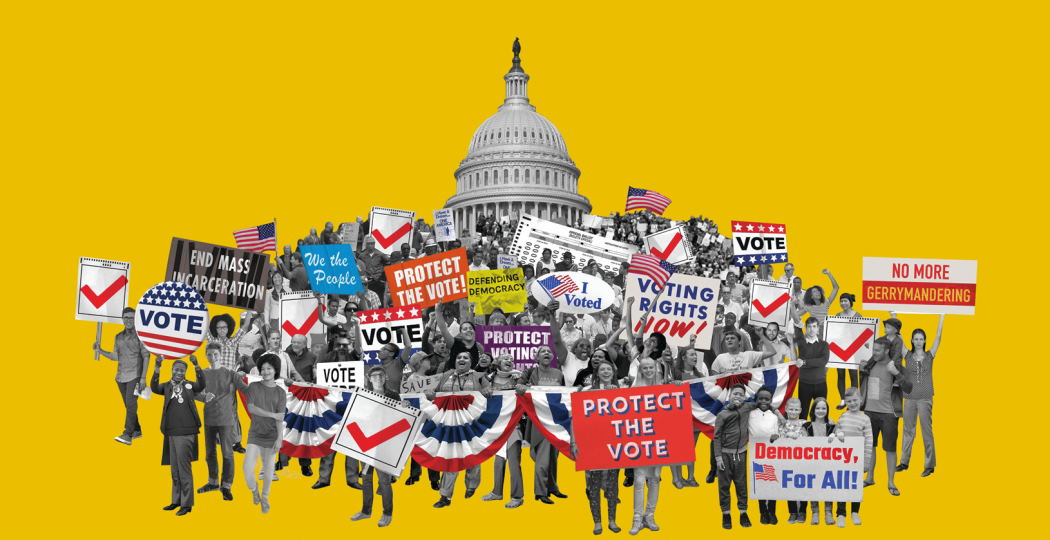Today, the political economy of climate change is impacting our world in a number of ways. From droughts and floods to wildfires and hurricanes, the extreme weather events we’re seeing more and more of are largely due to human-caused climate change. And as these events become more frequent and intense, they’re taking a toll on our natural systems and society. In this blog post, we’ll explore how the political economy of climate change is affecting our world and what we can do about it. Stay tuned!
The political economy of tackling climate change
The political economy of climate change is based on the idea that human activity is the primary cause of climate change. A large body of scientific evidence supports this theory, and the international community widely accepts it. The political economy of climate change has led to several important policy changes, and it is having a major impact on how our world functions.
The most important consequence of the political economy of climate change is the Paris Agreement. The Paris Agreement is an international treaty that was signed by nearly 200 nations in 2015. The agreement commits signatories to combat climate change, including a number of specific goals, such as reducing greenhouse gas emissions and increasing investment in renewable energy. The Paris Agreement is the most significant international action on climate change, and it is having a major impact on our world.

Another major consequence of the political economy of climate change is the rise of renewable energy. Renewable energy is energy that comes from sources that are not depleted by use. Solar power is the most important renewable energy source, but wind power and hydroelectricity are also significant sources. Renewable energy is becoming increasingly important as our world moves away from fossil fuels, and it is having a major impact on the way our world functions.
The political economy of climate change is also having a major impact on the way we use land. Land use is a major factor in climate change, and the political economy of climate change is leading to a shift in the way we use land. In particular, there is a growing trend towards reforestation, which is the process of planting trees in areas that have been deforested. Reforestation helps combat climate change by sequestering carbon dioxide, and it has a major impact on how our world functions.
The political economy of climate change is also having a major impact on the way we use water. Water is a vital resource for all life on Earth, and it is becoming increasingly scarce. The political economy of climate change is leading to a shift in how we use water, and it is having a major impact on how our world functions.
Climate change: the political and economic drivers
Climate change is one of the most pressing issues of our time. It is a global problem that requires a coordinated and collective response from all countries. Climate change’s political and economic drivers are complex, but some key factors contribute to the problem.
One of climate change’s main political drivers is how countries have traditionally approached the issue. For many years, the focus has been on developing mitigation strategies that aim to reduce greenhouse gas emissions. Unfortunately, this has often meant that adaptation measures, which help people and ecosystems deal with climate change’s impacts, have been neglected. However, this approach is now changing as more and more countries recognize the need for a balanced approach that includes mitigation and adaptation.

The other key political driver of climate change is how the issue is often politicized. This makes it difficult to find common ground and agree on effective solutions. In addition, the debate around climate change is often polarised, with some people dismissing it as a hoax and others regarding it as an existential threat. This division makes it hard to build consensus and take action on the issue.
The economic drivers of climate change are also complex, but some key factors contribute to the problem. One of the most important is the way that we use and consume energy. The world’s economy relies heavily on fossil fuels, a major source of greenhouse gas emissions. Switching to cleaner energy, such as renewable energy, is essential to tackling climate change.
Another key economic driver of climate change is how we produce and consume goods and services. How our economy is structured means, we often prioritize growth and consumption over sustainability. This has led to a throwaway culture in which we buy products we don’t need and dispose of them quickly. This consumption-driven model of the economy is not sustainable in the long term and is one of the factors contributing to climate change.
Changing the way we live and do business will require a concerted effort from all sectors of society. We need to find new ways of producing and consuming energy, goods, and services less damaging to the environment. We also need to change the way we think about growth and consumption and prioritize sustainability over short-term gain. Only by making these changes will we tackle climate change effectively.
This article is just a small part of the puzzle when it comes to understanding climate change. For more information, please explore the other articles in this series. Thank you for reading!





